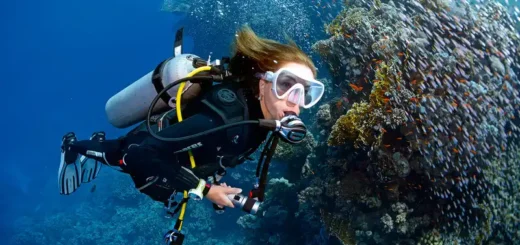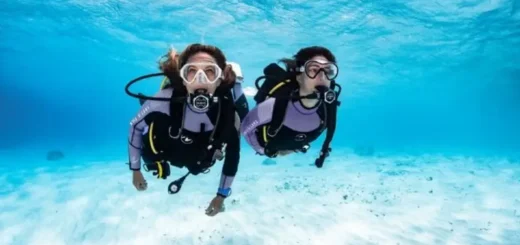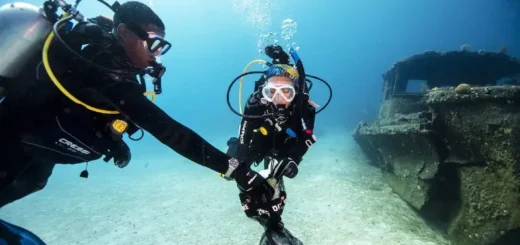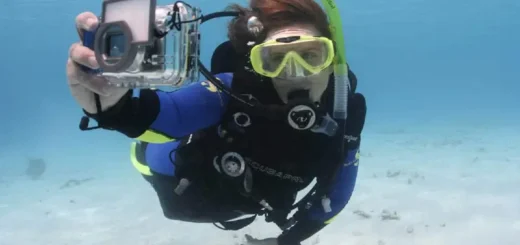How New Zealand’s unique dive science is helping to protect our oceans
New Zealand is a country with a rich maritime history. For centuries, our waters have been home to a variety of different cultures and communities. Today, our oceans are still an important part of our identity. They are a source of food and income for many New Zealanders, and a place of recreation for all of us.
However, our oceans are under threat. They are being polluted by plastic and other waste, and overfished. Climate change is also affecting our oceans, making them warmer and more acidic.
Fortunately, New Zealand is at the forefront of research into how to protect our oceans. Our scientists are working hard to understand the threats our oceans face, and to develop solutions that will help to protect them.
One area of research that is particularly exciting is our work on marine reserves. Marine reserves are areas of the ocean that are protected from fishing and other extractive activities. They are like parks in the sea, and they allow marine life to flourish.
New Zealand was the first country in the world to establish a marine reserve, at Cape Rodney-Gooseberry Islands, in 1975. Since then, we have established a number of other marine reserves around our coasts.
Our marine reserves are helping us to understand how to best protect our oceans. They are providing valuable data on the recovery of marine life, and on the benefits of protecting areas of the ocean.
This research is being used to inform the management of marine reserves around the world. New Zealand’s expertise in this area is helping to protect the oceans globally.
So, next time you enjoy a day at the beach, or a meal of fresh seafood, remember that New Zealand is helping to protect the oceans that make these things possible. We are leading the way in finding solutions to the challenges our oceans face. And that is something we can all be proud of.








